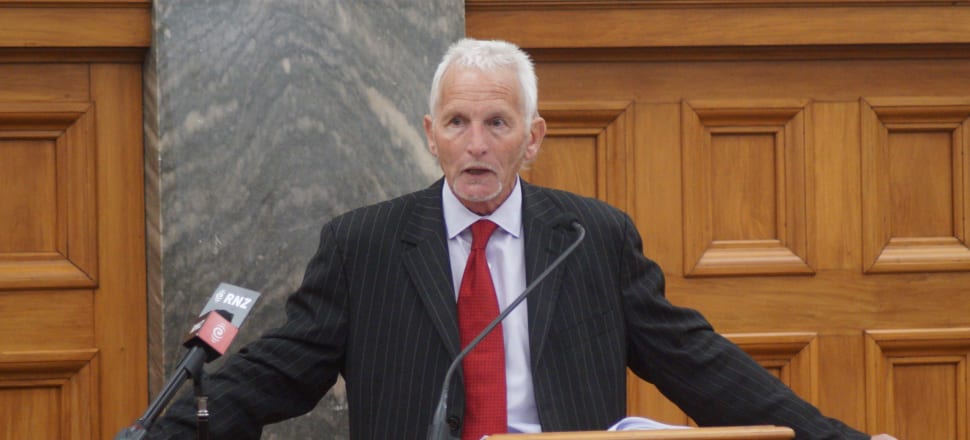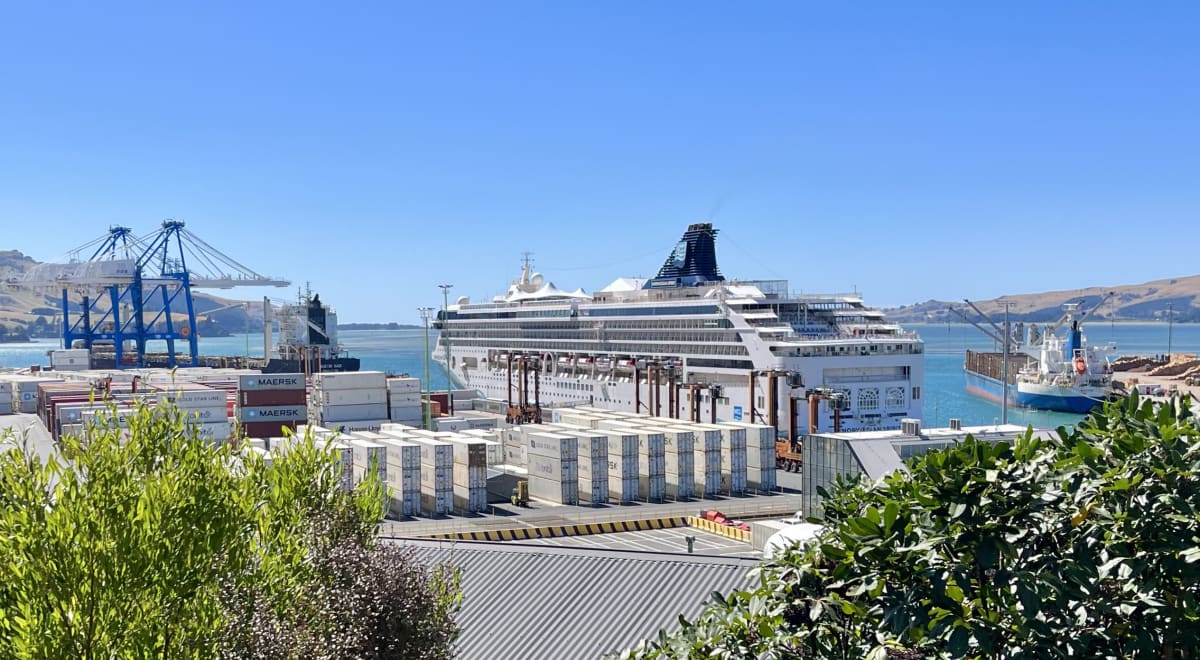
Veteran politician Michael Laws warns councils risk riling ratepayers by habitually taking their deliberations out of the public gaze
There could be serious consequences for elected members if councils keep doing business behind closed doors, a long-time local government politician says.
Otago Regional councillor and former MP and mayor of Whanganui Michael Laws warns ratepayers’ anger could boil over if they continue to be “shut out” of discussions that can hit them in the pocket.
He says twenty years ago councils tended to discuss even slightly sensitive or political topics in closed meetings and that hadn’t changed.
“The big difference now is the amount of work that’s done in councils in workshops. In 2003 almost all work was done in council committees.
“Those were minuted and in the main discussion was held in public so you knew where people were coming from.
“In 2023 some councils will conduct almost half of their business in private and confidential workshops.”
He says in effect decisions are made in such sessions before being formally signed-off in normal council processes.
“That’s the massive difference that has happened in 20 years of councils and staff deliberately going into closed workshops so all those sensitive issues and discussions could happen in private.
“It’s a direct breach of trust with the people who elect you and by hiding council business from communities they feel dislocated from the council that is allegedly representing them.”
He claims public meetings have become “just theatre” with outcomes “manipulated well before the event”.
Laws walked out of the last two ORC meetings when he failed to have matters scheduled for closed-door discussion put on the public agenda.
“The Local Government Act obliges us as one of its primary principles to conduct our business in an open and transparent way,” Laws told councillors.
He says going into “confidence” removes decisions from the gaze of the public and media and inherently leads to bad decision-making.
The three items Laws felt should have been discussed publicly at the council’s March meeting were the appointment of Kāi Tahu representatives to ORC committees, pay rises for bus drivers and allowing council-owned Port Otago access to a local-government loan fund to buy a new building for the ORC.
He says the Kāi Tahu representatives were applying for paid public roles in which they would make decisions for ratepayers.
“They don’t need protection from anybody,” Laws told councillors.
“Every one of you went through a public veto last October. You had the opportunity to be appointed here or the public didn’t want you.
“You went through a public process for a public role.”
Encouraging more people to become bus drivers by offering higher wages was also a discussion Laws felt should have been public.
He describes the Port Otago item as a non-confidential “straightforward financial decision”.
“I want us to be responsible for the decisions we make. I want the public to understand why we make decisions.”
Sympathy
The regional council’s interim chief executive, Pim Borren, says the discretion to go into closed meetings is “used sparingly”.
Although he has sympathy for Laws’ view, in the case of the Kāi Tahu appointments the iwi representatives had not been told the discussion could be public.

On the loan issue, he says there were legal opinions in the documents.
Council chairperson Gretchen Robertson says legal screening was done by staff to ascertain whether the items met the public-exclusion rules.
However, councillor Elliot Weir says that shouldn’t necessitate matters be discussed in private.
Laws told Newsroom he fears ratepayers with a “serious financial stake in the decisions being made” may choose to “get rid of” councils altogether.
Or worse, in today’s world people quick to anger or individuals who were particularly upset or addled could take more direct action.
“You could very well soon replace apathy with anger in the same way you might, for example, with the vaccination debate.”
He promises to keep walking out of council meetings if he disagrees with the necessity for items to be discussed behind closed doors.
The ORC has since held a workshop to review how it deals with potentially sensitive agenda items.
Meanwhile findings from an investigation by the Chief Ombudsman into councils’ use of closed workshops and informal meetings are due to be released in September.
It follows concerns the public could become suspicious of councils if such gatherings are used repeatedly to deal with business.
The investigation centres on Rotorua Lakes Council, Taranaki Regional Council, Palmerston North City Council and Taupō, Rangitīkei, Waimakariri, Timaru and Clutha district councils.
The eight local authorities were chosen for various reasons and are not necessarily in the wrong.
Made with the support of the Public Interest Journalism Fund








